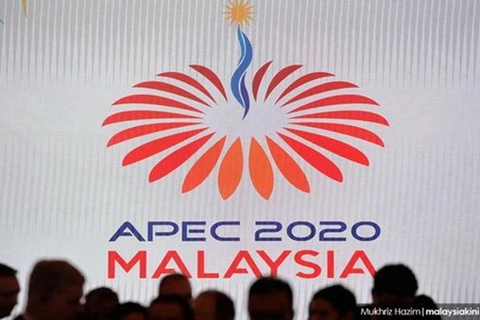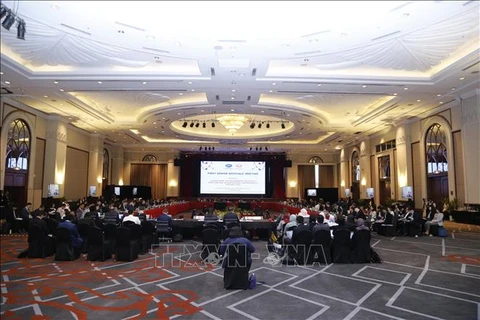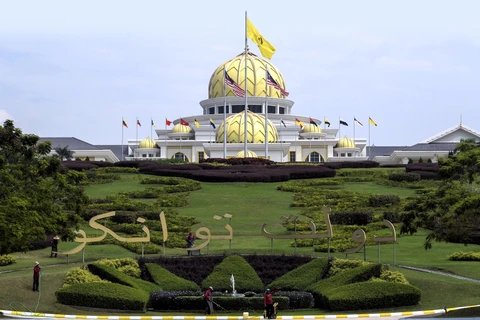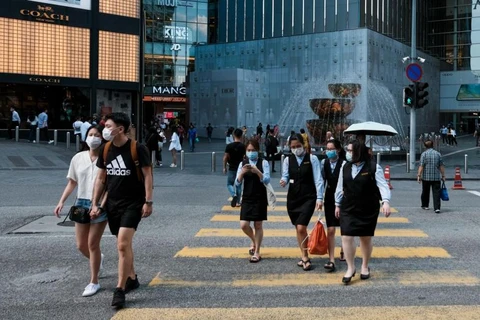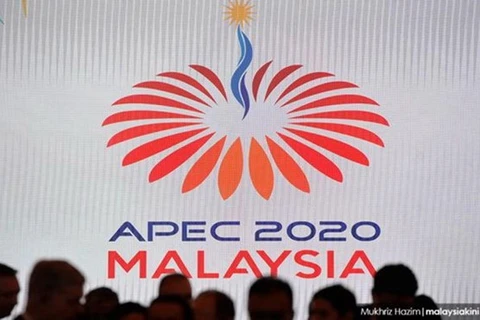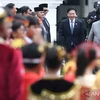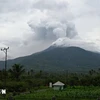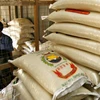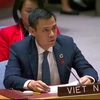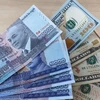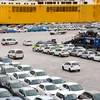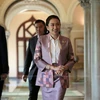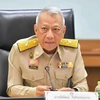 People in Kualar Lumpur, Malaysia, wear face masks to prevent the spread of COVID-19 (Photo: Xinhua/VNA)
People in Kualar Lumpur, Malaysia, wear face masks to prevent the spread of COVID-19 (Photo: Xinhua/VNA) Hanoi (VNA) – The Asia-Pacific Economic Cooperation (APEC) region is expected to post a 2.7 percent economic decline in 2020 due to the impact of COVID-19.
This will be the most significant fall since the near-zero growth rate logged in 2009 during the global financial crisis, according to the APEC Secretariat.
Last year, the 21-member region recorded an economic growth of 3.6 percent.
The region's unemployment rate is projected to rise to 5.4 percent in 2020 from 3.8 percent in 2019, or an additional 23.5 million workers being unemployed in 2020, according to a report released by the APEC Secretariat.
An economic rebound is forecast for 2021, with the anticipated growth of 6.3 percent, higher than the projected global economic growth of 5.8 percent.
This rebound, however, depends on the effectiveness of containment mechanisms to avoid a second wave of the COVID-19 pandemic as well as measures to stipulate economy.
APEC is comprised of Australia, Brunei, Canada, Chile, China, Hong Kong, Indonesia, Japan, the Republic of Korea, Malaysia, Mexico, New Zealand, Papua New Guinea, Peru, the Philippines, Russia, Singapore, Taiwan, Thailand, the US and Vietnam./.
VNA
